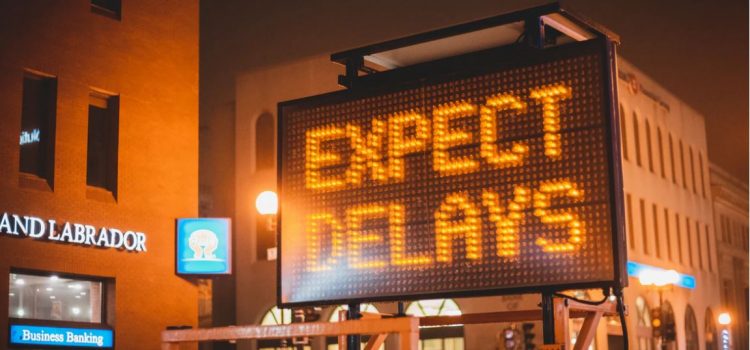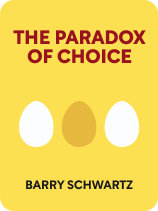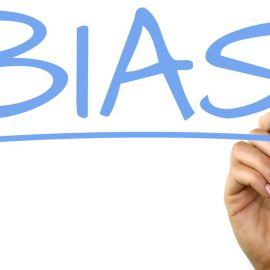

This article is an excerpt from the Shortform book guide to "The Paradox of Choice" by Barry Schwartz. Shortform has the world's best summaries and analyses of books you should be reading.
Like this article? Sign up for a free trial here .
Have you heard the phrase “Expect the worst, but hope for the best”? Why shouldn’t you set your expectations too high? Why does having more options set your expectations higher?
In the book The Paradox of Choice, author Barry Schwartz posits that having more choices sets your reference points, and thus your expectations, higher. He says that it’s important to manage your expectations so you’re not always disappointed by outcomes.
Here’s a brief overview of Schwartz’s take on managing your expectations.
The Problems With High Expectations
Schwartz argues that the gap between what we expect and what we have is exacerbated by expanded choice.
With expanded choice, we have higher expectations (or reference points) for goods and experiences. This is especially true for maximizers, who are almost guaranteed to feel disappointment in their choices because their reference points—imagined ideal outcomes—are unrealistic.
Schwartz recommends you manage your expectations to reduce disappointment and increase pleasure. Experiences that are exceptionally pleasurable should be exceptions rather than the rule. For instance, you might save a bottle of expensive champagne for New Year’s Eve (a special occasion), instead of drinking it whenever you feel the impulse. Our expectations become easier to meet, and truly great experiences become all the more pleasurable when they happen infrequently.
| The Burden of High Expectations High expectations can cause issues in various areas of our lives. In the Harvard Business Review, CEO Peter Bregman writes about how holding high expectations for himself and others led him to unnecessary dissatisfaction and hurt his relationships. Because of his high expectations, he’d been overly hard on himself for occasionally being indecisive, and he’d been harsh toward his daughter for occasionally acting impulsively. Bregman concludes that compassion for yourself and others can ease the burden of high expectations. This can also apply to decision-making. For instance, a maximizer’s expectations might be so high that they’re overly critical of themselves for making a choice that falls short. A maximizer could lessen this difficulty by understanding that not every decision they make is perfect and accepting occasional mistakes in their decision-making. |

———End of Preview———
Like what you just read? Read the rest of the world's best book summary and analysis of Barry Schwartz's "The Paradox of Choice" at Shortform .
Here's what you'll find in our full The Paradox of Choice summary :
- Why the more choices we have, the more stressed and indecisive we feel
- How to better navigate our choices, from groceries to health insurance
- Whether it's better to seek the best or accept "good enough"






